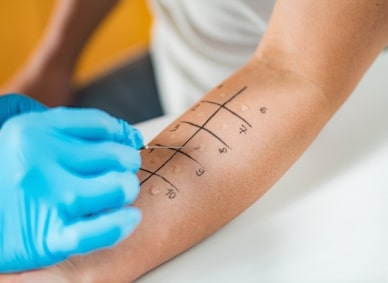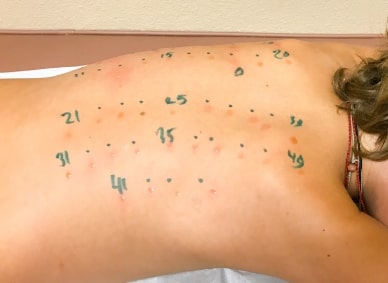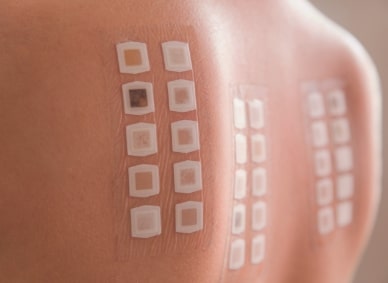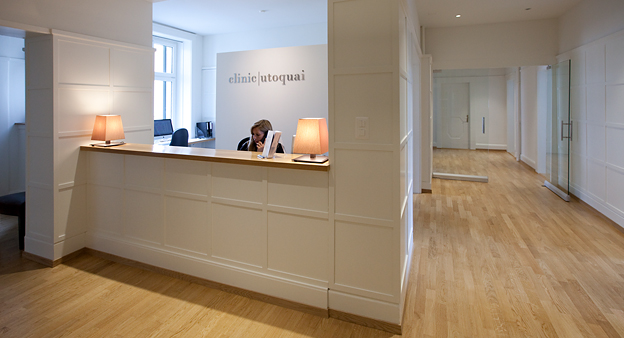Diagnosing and treating allergies
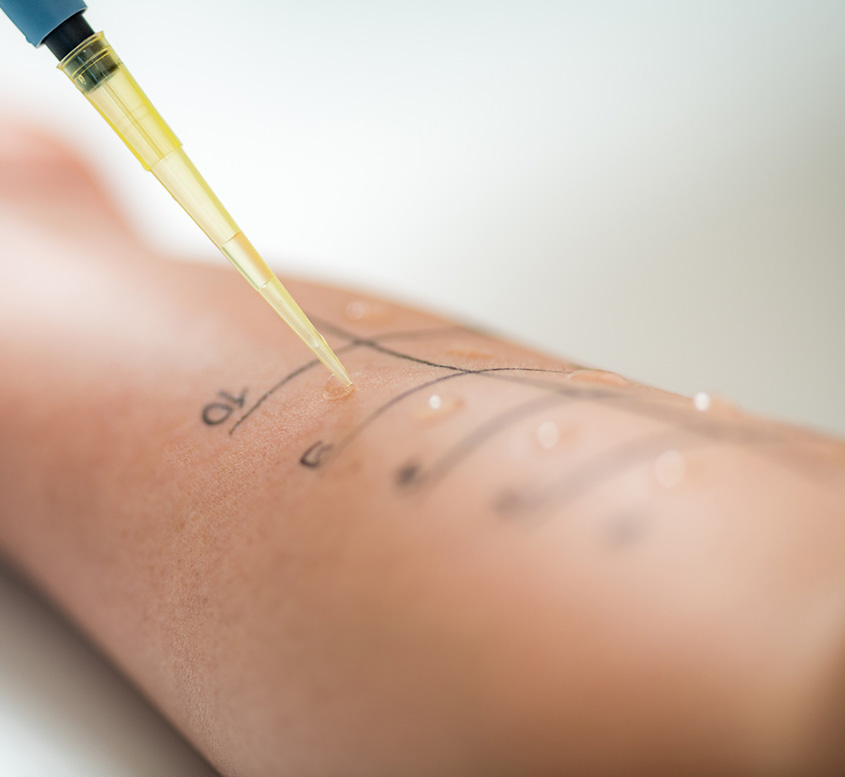
Skin rash, watery eyes and sneezing, but also flatulence, diarrhoea and malaise – allergies affect young and old and can make life very difficult. The fact is that more and more people are being diagnosed with allergies. When the immune response is misfiring and the body reacts to substances that are not harmful in themselves, so-called allergens, it can lead to symptoms such as a runny nose. The symptoms can be very mild, but very severe reactions are also possible.
Personal consultation
DO YOU HAVE ANY QUESTIONS ABOUT WRINKLES OR WOULD YOU LIKE TO SCHEDULE AN APPOINTMENT FOR A CONSULTATION?


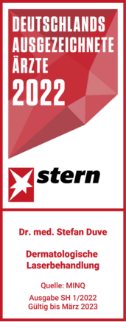
Schedule an appointment for a personal consultation now by phone or via our contact form. You are also welcome to use our online consultation for your first meeting.
MUNICH
+49 89 26022442
ZURICH
+41 43 2681060
VIDEO CONSULTATION
